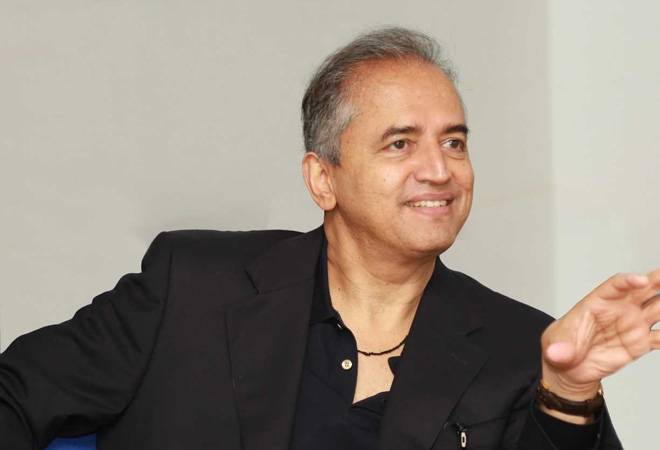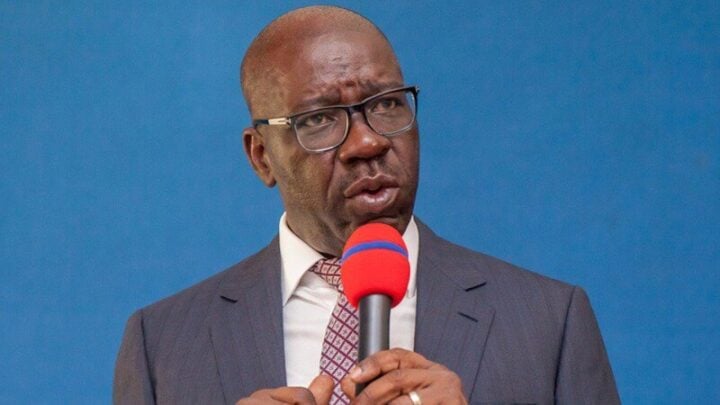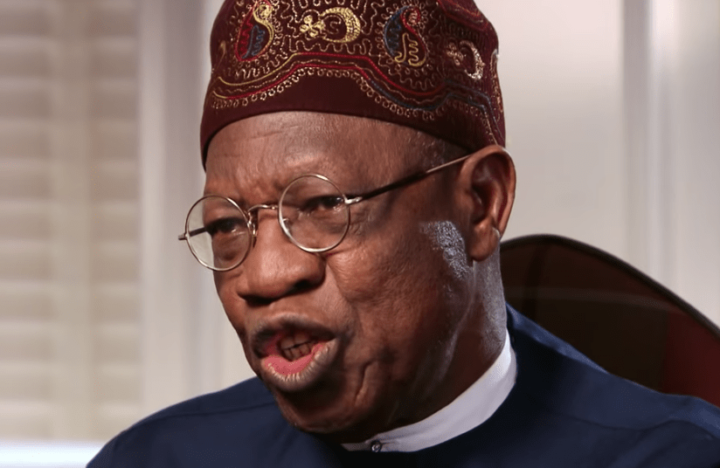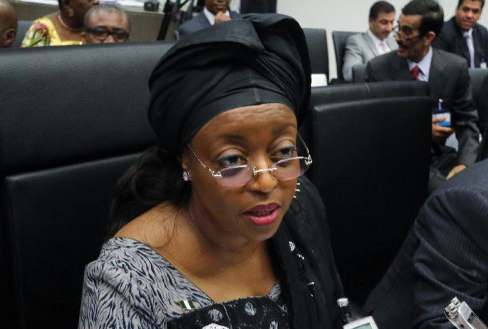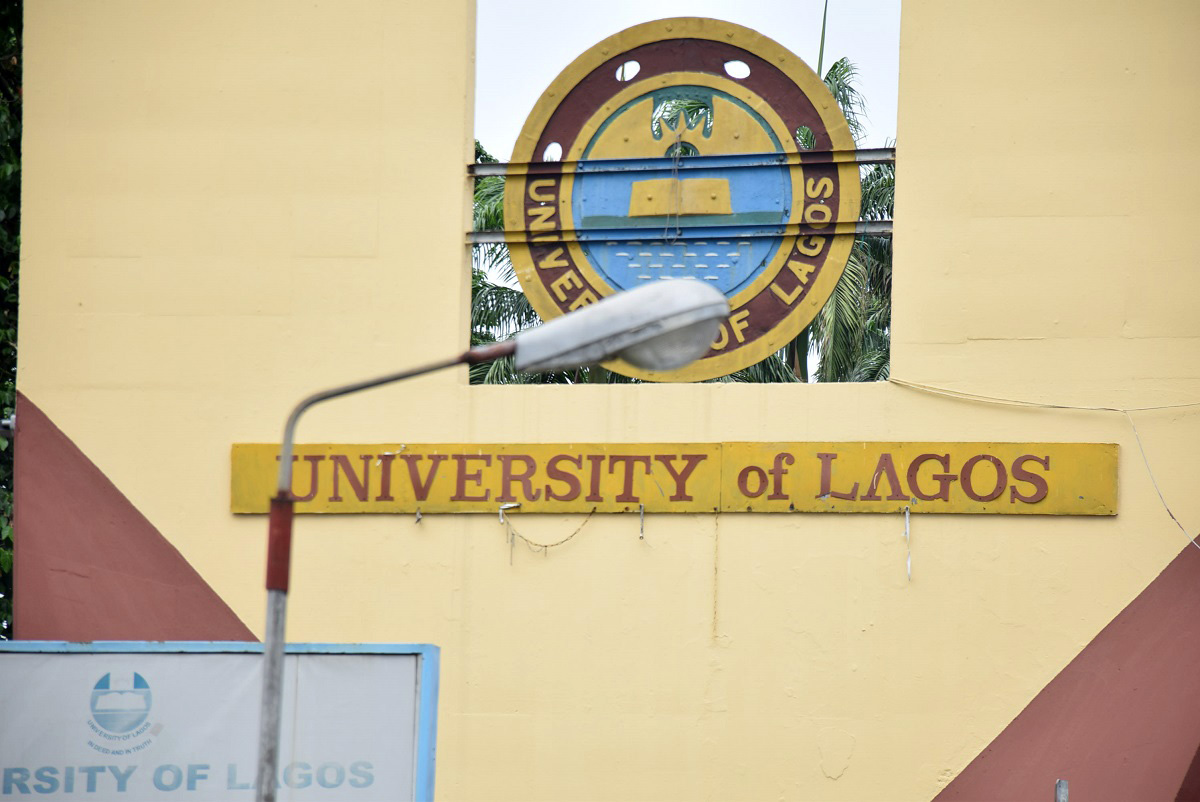I am listening to Dr Devi Prasad Shetty of Narayana Health, formerly known as Narayana Hrudyalaya. His voice cuts with precision, like ice, straight to the bone. “I am a cardiac surgeon by profession but I have a very interesting job. My job is putting price tag on human life.”
What kind of a man is this that understands his job so well that he could describe it with cold aloofness yet so conscious of his empathetic commitment, such that both disparate positions could influence his understanding and interpretation of the Indian health sector to the extent that his contributions and also his relationship with Indian biotech billionaire, Kiran Mazumdar-Shaw, have made India a health tourism destination. With a mission to do coronary artery bypass grafting (CABG) for less than $3,000, compare this to between $60,000 and $110, 000 in some parts of the world, Shetty introduced transformatory health opportunities to the Indian poor and is building health campuses across the country. Shetty’s health trajectory has become a case study in Harvard.
I am not going to talk about how he is using technology to make remote medical diagnosis and treatment possible to rural India and even in hospitals in places as far flung as Africa. Technology can make anything possible. But that shouldn’t form the topic of today. The only thing that brought Shetty into my introduction is the understanding of his job. As I think of what Shetty is doing in India I am asking myself this question, a question perhaps much older than my days on earth: Does the Nigerian politician understand his job? Does he also place a price tag on human life, say, a proper value which makes human life sacrosanct?
While there may never be an answer to such rhetorical question, let me observe that my understanding of the politician, and this does not apply to all of them, is that of a stiff-necked lot bereft of understanding, extremely narcissistic yet so steeped in nepotism that he doesn’t feel a shame appointing only members of his family to rule a nation. In moments of inexplicable self-indulgence, fuelled by a dearth of miniscule education, the politician sets camp of security around himself with derelicts, the very scum of the earth whose new found notoriety and opportunities subordinate the high calling of the learned, who, shamefully pressured, set up bonfire to prepare roast yam for the greedy few promoted by the politician.
Advertisement
Ours is a nation of depressing contradictions. The ragamuffins are at the top rung of the ladder, passing flatulence at the elites below, while the few elite conspirators really don’t mind writing poetry on the coffins of the ordinary guys heading to the place of eternal loneliness.
So, in a way, the politician creates problems with his inadequacies or wanton greed for the rest of the society to solve. That is why the primary headache of the National Broadcasting Commission (NBC) at the moment, before things boil over, should be Edo State which is so fouled up that things are going into a bizarre gyration. In that state, revisionism and desperation have conspired to design a coat of many lies which is being used to seduce the ordinary mind, who, not long ago, was told that criminality and mythological suzerains, have no place in the state reputed for illustrious sons like Governors Samuel Ogbemudia and Ambrose Ali of blessed memory. All of a sudden the NBC is working out the frightening equation that a mix of the atmosphere there with some convoluting pronouncements from the broadcast airwave will set the place on fire. This is well reasoned.
Even if like the chameleon, some Edo State politicians think they have heads big enough to bury their in-laws and still produce enough colours like the rainbow to beguile the simple minds, the NBC is sending out a warning that they should move far away from their licensed stations otherwise owners of such stations will have to face the unpleasant music. A signed statement by a Deputy Director, Ekanem Antia of the Public Affairs Department, pointed out some relevant sections of the NBC Act and the Broadcasting Code which frown seriously at Hate Speech, Inflammatory and divisive remarks or allusions capable of putting public peace in jeopardy. The statement noted as follows:
Advertisement
“The NBC ACT CAP N11, Laws of the Federation 2004, prescribes, in the third Schedule 12(6) that ‘A Licensee shall be responsible for the content of the Stations Broadcast.
“Section 5.3.3(e), ensure that a political broadcast is in decent language;
“Section 5.4.1(f) not transmit divisive materials that may threaten or compromise the indivisibility and indissolubility of Nigeria as a sovereign nation.”
This writer is aware of some meetings that will be holding in the state capital, Benin City, between the Commission and station owners or managers within the week, aimed at soliciting the understanding and cooperation of broadcasters on the need to apply needed balm to reduce the political temperature of the state.
Advertisement
In a separate or perhaps distantly related development, Alahji Lai Mohamed, Minister of Information and Culture, has been speaking on why the government had to shoot up the fine on Hate Speech from N500, 000 to N5m in the new Code unveiled recently but which has worn the garments of controversy in its short life span. Some people can observe that the difference is only a matter of zero but that zero, innocuous as it is, defines the punitive weight of the fine which is crushing. Putting government’s arbitrariness in some decision taking process on a scale, the broadcast industry has raised concerted remonstrations to the development, fearing that this might just be targeted at some perceived enemies of the state – people with contrary opinions, and they are legion under this administration.
In an act of boldness which is a rarity nowadays, the industry found a defender in the person of Prof Tony Iredia, prolific writer and a former Director General of the Nigerian Television Authority, NTA. Speaking on Channels Television, the man who wears his knowledge of broadcasting like his Bini apparels, could hardly mask his anger when he told the Information Minister to leave broadcast regulation to the regulator.
In his words: “Everybody expects a broadcasting commission to be an autonomous body that has no place in politics. If you listened to the news that has been on since, who is speaking? The Minister of Information. Is he the Director General?”
Iredia expressed the fear that the Minister’s position on issues could be viewed with the lens of politics, adding that the new Broadcasting Code didn’t seem to have gone through the furnace of the stakeholders before adoption.
Advertisement
There is so much silence in the land and the country seems to be sailing on a fragile gossamer. Under this administration the intrusion of some ministers in the affairs of regulatory agencies is getting too enormous to be swept under the rug, that is, if you still have any. In fact, so overbearing that it is attracting the attention of the world.
Back to Edo State. The NBC’s move is an auspicious intervention in the troubling affairs of men. But that action alone cannot solve all the problems; it can only affect the magnitude and impact. The stories coming out of the state wear the similitude of a horror movie but they are real. I watched a top politician in the state literally melt down on television on Monday night, reducing his responses to questions to harassed inanities. That wasn’t a performance. It was reality. The threat to life is real and those in a position do something, like governments and securities, should wear what is left of our national pride to resist the desperation of jaded politicians. Like Dr Shetty whose price tag has helped to bring healing to India’s rural poor, Edo politicians should work on a premium that can help redeem the lives of the incessantly harassed populace.
Advertisement
Aihe writes from Abuja.
Advertisement
Views expressed by contributors are strictly personal and not of TheCable.
Add a comment

